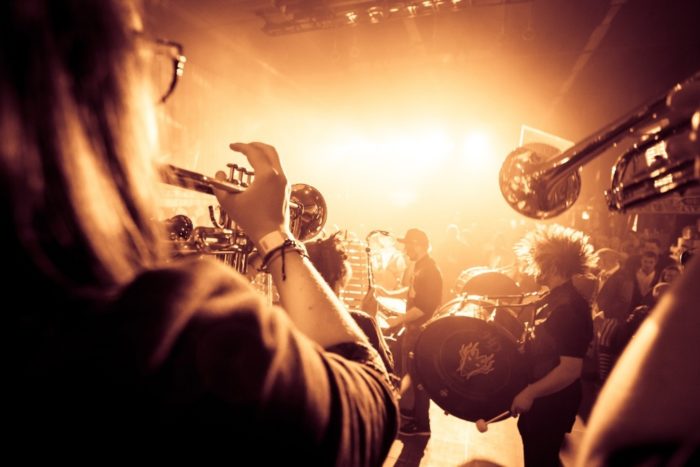
Purpose, Mood and Meaning: Hearing the Music of Your Unfolding Story.
Last month, we looked at the body as the writer of our stories. This month we’re listening to the music of the story itself
Far from existing as a singular organism based on a legal definition, you’re clear evidence of a living cosmos. The problem is that you know very well that your living-ness is temporary, and you find it very difficult to make satisfactory sense of that. You don’t know which story to tell yourself about what dreams may come then, at death, as Shakespeare put it. There’s a corollary to this: you also don’t know exactly which stories to tell yourself about being alive, which is why, in Western culture, you become a consumer of goods and fun and whatever turns you on. And you busy yourself with making the money necessary to do so. You also feel that family and friends are important, and they become a strong focus of your emotional integrity. Yet the deep underlying current of being alive is so mysterious that it can feel more overwhelming than anything else, and thus we don’t voluntarily go there.
But we do enjoy music, and music is the audible electricity of the cosmos.
For the sake of a little practical theory, music is vibration of airwaves that strike the eardrum, turn into neurological electricity which is processed by the brain to register as sound. Sound and emotion are resonating partners. We hear what we feel, and feel what we hear. Another interesting idea is that the body produces sound, and I don’t mean the busker on the corner. Just as itself, with its own electromagnetic pattern of heart-beat, brain-waves and cellular polarity, the vibrational output of the body is a singular chord as unique as a fingerprint.
Your voice is exactly that. When we hear ourselves speak, we’re often embarrassed, because that’s not how we feel ourselves to be heard. Sound, music and resonant mood are integral to our living. Consider how movie directors deliberately fill each frame with sound, from footsteps to gunshots to themed music. At the Story Clinic we play with possible theme music that expresses the moods of you. You could even be daring and choose a life theme that gives voice to your purpose. Recently I went on a cruise and stood on an island on which Christopher Columbus had stood, and it made me think of how huge human aspiration can be. Think of how Vangelis, Hans Zimmer and John Williams, to name a very few, have captured imagination and sound to form and shape perception of an unfolding story by urging emotion this way and that way. When we begin to pay attention to the backdrop and context of our daily lives and select some music to make sense of what’s happening, a lot can be realised very quickly.

It’s possible to change your mood deliberately by switching what you’re listening to. That’s an obvious case. A more challenging manoeuvre is to elicit the sense of what you hear from within. From the still, small voice to the deepest Om to the drama of “Also Sprach Zarathustra” what the cosmos says and sings is not merely to you, but indeed through you. This sense deserves more research than it has been given, and the work of Eileen Day McKusick who uses tuning forks to sense and sift the body’s sound intervals looks weird but produces satisfied clients. The biofield in which we live involves harmony as one of its intrinsic holistic aspects. Watch and listen to Jacob Collier if you want a good example of that.
A practical exercise is to speak to yourself aloud, using your voice as though speaking to someone else for a specific purpose. Try scolding, persuading or comforting, and sense how it feels to be the one who speaks or the one who hears, in turn. One of the most arresting stories I’ve come across is about a doctor who was a prisoner who had nothing but his voice to use to heal those who were in need.
Purpose, mood and meaning can be changed and arranged according to choice. Allowing possibility of composition and expression can begin with the smallest breath, the slightest tone, a mere sliver of volume increasing or decreasing. If you allow your imagination to deliver to the ears of your ears the orchestral hit, the hovering violins, insistent timpani, and every instrument that is natural to your music, you prepare yourself. Your unfolding story arises from a cosmos that knows more than life and death. That’s a bold statement, but I don’t see how it can be avoided. Literally and metaphorically, you are the key. The stories you allow, create and confirm are up to you, and their implications far-reaching. More about this and the Story Clinic next time.
Contacts
Walter Willies
Emeritus professor of Narrative Studies, Western Orthodox University, European American University
The Story Clinic
Glasgow London New York Cape Town